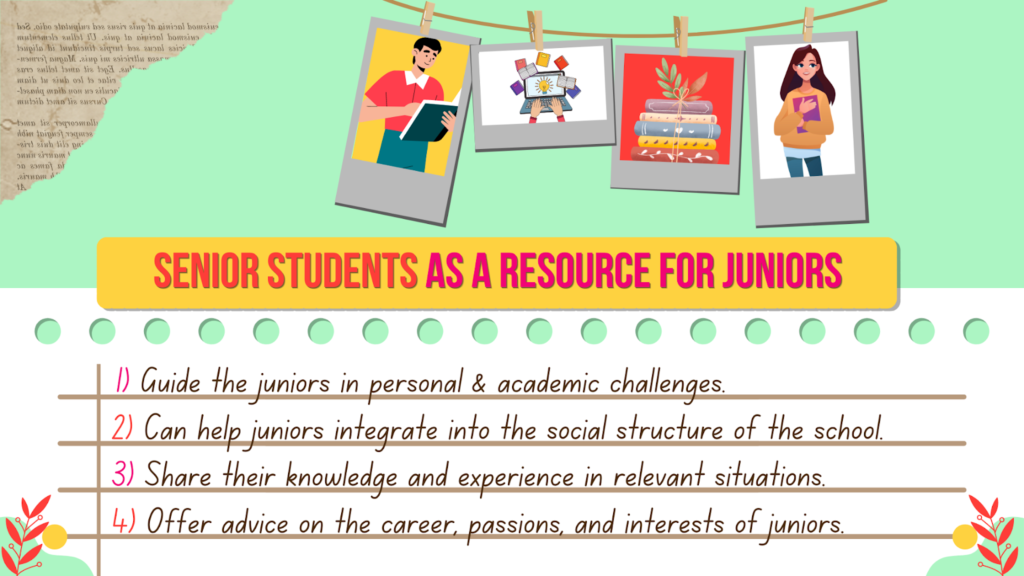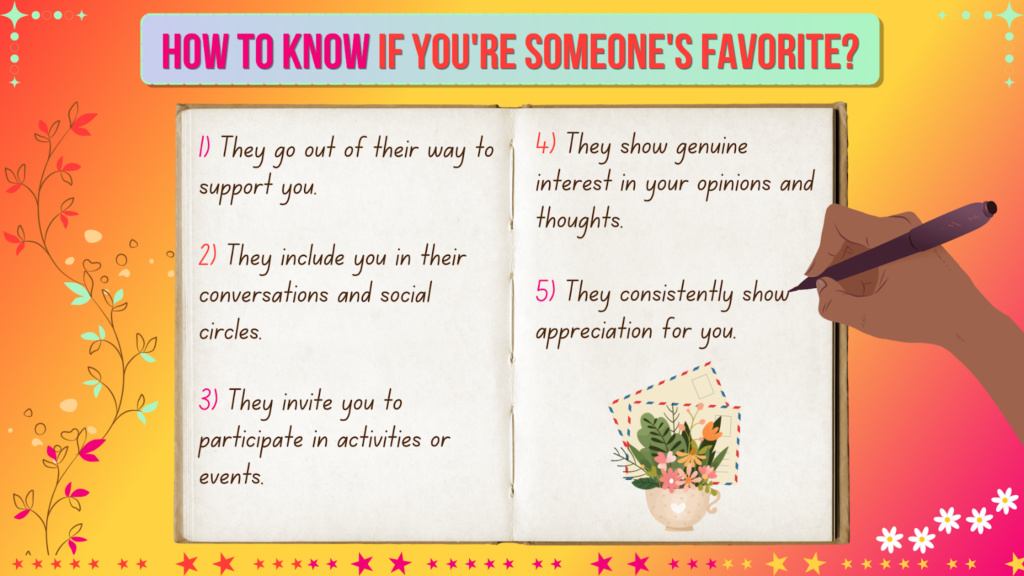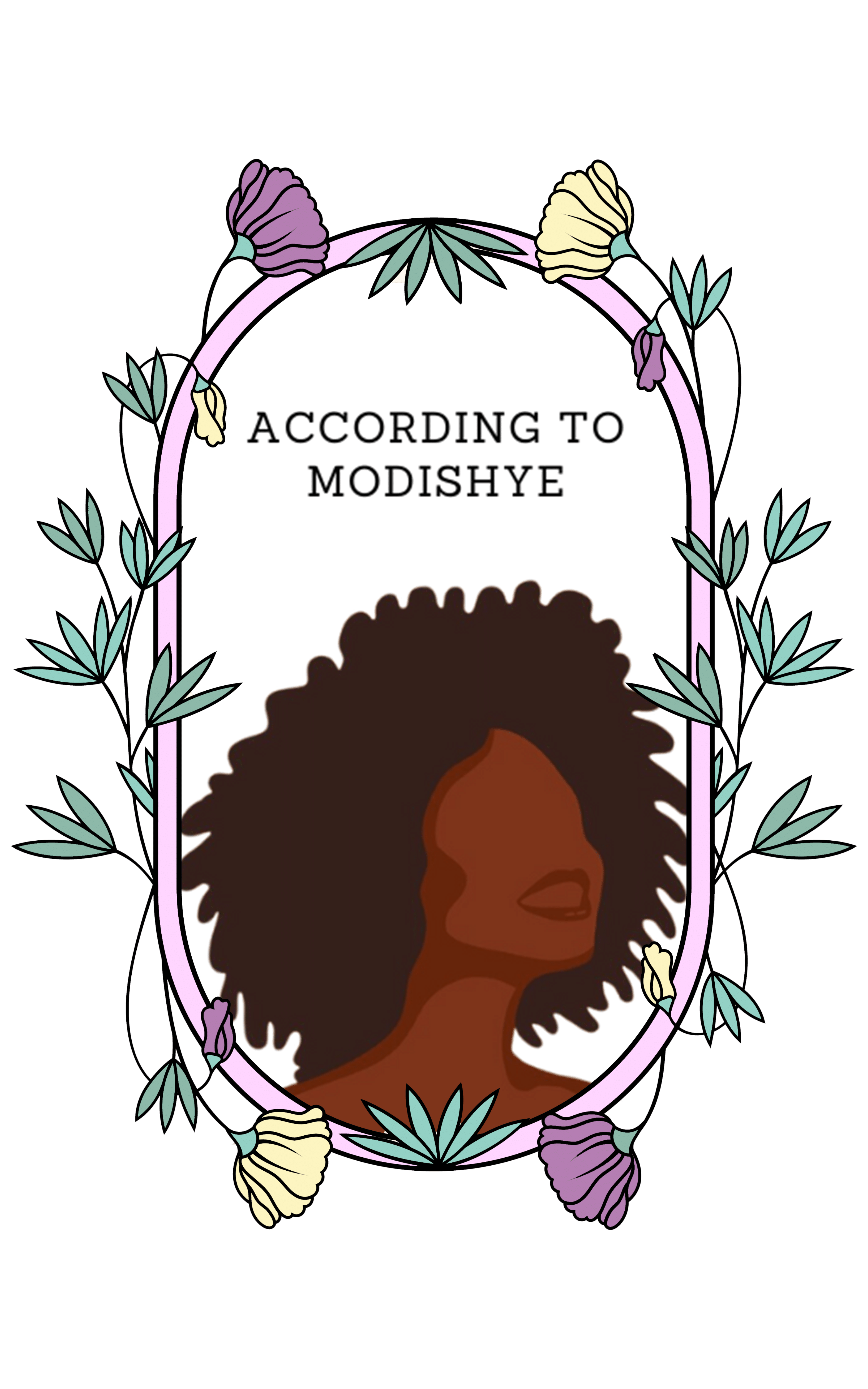Favoritism in Boarding School: A Personal Reflection
Boarding school, for many, can be a microcosm of life itself, full of challenges and moments of growth. Among the many experiences I had, one prominent issue stood out: favoritism. This article is a reflection on the different ways favoritism played a role in shaping relationships and opportunities, both among students and authority figures.
Favoritism from the House Mistress
Favoritism in boarding school wasn't always subtle. For instance, our house mistress often asked her daughter to cook special meals, which were only distributed to a select group of seniors and primary school students. One common factor among most of these favored seniors was that they were omo pastor—children of pastors. When pastors came to visit their kids on visiting days, it was not unusual to see them give money to the house mistress. While this gesture could be seen as a token of appreciation, I couldn’t help but wonder: did this gift influence the way certain students were treated? I believe it did. It’s a bit like tipping your favorite service provider—they’ll serve everyone, but they often go the extra mile for those who show appreciation. Although my parents weren’t pastors, I occasionally found myself in the house mistress’s good graces, receiving food as a reward for good behavior. However, this was far from consistent. For the pastor’s children, it seemed that their parents’ status played a role in their preferential treatment.


Favoritism Among Senior Students
Favoritism wasn’t limited to the staff; senior students also had their favorites. One prominent way this played out was through the selection of junior students as Personal Assistants (PAs).
The Role of a PA
As a PA, you were tasked with making meals, organizing lockers, packing textbooks, and even carrying backpacks for the senior you served. The rewards for this service were minimal—perhaps some leftover food, a sense of approval, and proximity to an older student. But was it worth it? The benefits were heavily skewed in favor of the senior, while the junior often bore the brunt of the work.
I served as a PA for two seniors, both of whom treated me well. The tasks I performed were light—washing a dish here and there—and I never felt obligated or forced into the role. It was a mutually beneficial relationship where I received guidance, and they got some help with minor chores. However, many of my peers found the PA system burdensome, and I understood why.
Some seniors abused their authority, using fear and intimidation to secure compliance from juniors. In Nigerian boarding schools, there’s a deep-rooted cultural expectation that one must always respect their elders. This notion was often exploited by seniors who imposed tasks on juniors, knowing they wouldn’t dare refuse.
Navigating Favoritism and Boundaries
At my school, when approached to be a PA, you had the opportunity to decline. But that was not so casually extended when a senior simply told you to do something. A PA was considered to be the golden preference but it is a title many simply did not aspire to get. People were asked to become a PA based on high likely they would agree to do so because they wanted a sense of belonging and get their social needs met.
A boarding school student would not ask a day student because they hardly see them. People that could care less about the seniors or did not give them the time or day, were not interested in being anyone’s personal assistant. They figured the title was meaningless if the rewards were not increased. My PA experience was easy. I did enjoy the added benefit of the two seniors taking a liking to me which added to my self-esteem.
On the other hand, those who declined the PA offer probably did so because they could get the need of external validation which we all desire (some more than others) met in another way. I say this to say, it is important to work on your self- esteem through volunteering like Ms. Shallon Lester would advise and passion projects, so you will not have to find validation at the price of being a slave.
Favoritism from School Mothers and Fathers
While the PA system had its downsides, another form of senior-junior relationship—having a school mother or father—was much more positive. I had both a school father and a school mother, and they were awesome and took an immediate interest in me.
My school father once told me, “You’re a great kid, and I know you’ll do great things.” I did not have to prove myself nor jump through insane hoops to show them that I am worthy of their mentorship. It just happened naturally. You don’t have to have a school mother or father to have an easy transition but it could make the process smoother. A school parent becomes interested in your obstacles to a certain degree because everyone has their own life to figure out as well but they also look for solutions to help you overcome problems. This is because they consider you to be their child and what do parents do, they assist in the development of the child. For example, they can assist you with your homework and tend to speak highly of you among their peers. At least, mine did.
This is the kind of favoritism that could be useful for several reasons. If other people speak highly of you, it is more believable than if you do so solely. Also, you can observe how your school parents take you under their wings, how they focus on their studies and their diligence to do so. I enjoyed learning from my school parents. I do not think I alone liked them. The school did too for they both were prefects at the school.

Conclusion: Embracing Favoritism Wisely
The key takeaway from my experience is that favoritism, when navigated wisely, can open doors and make life a little easier. Being someone’s favorite can grant you access to resources and opportunities not available to everyone. Also, I would encourage you to develop your self- esteem before you go to boarding school. Depending on the age when you go, this can be a difficult but not an impossible task. Improving your self- esteem and showing up for yourself can be challenging. If you want to try something, try it regardless of the outcome. It is about the experience. The more you develop your self- esteem from within, the less likely you will allow external sources to define who you should be. Afterall, family, friends nor your neighbors did not create you, God did.






0 Comments